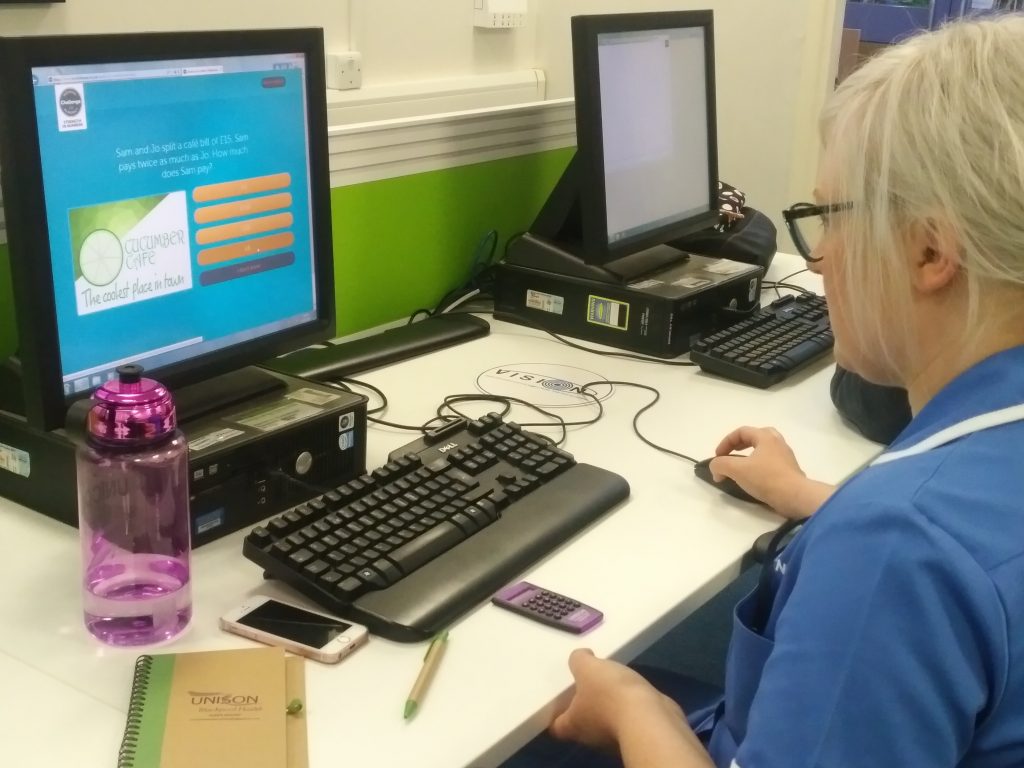
Update (December 2020)
The team from the Marchmont Observatory has produced a further report exploring the impact of the Covid-19 pandemic on public sector skills needs. It explores two of the areas highlighted in the previous findings, digital skills and management and supervisory skills, as well as looking at the wider effects of the pandemic on the sector.
UNISON has today (14 November 2019) released a comprehensive report on its research into public service workers’ experiences, hopes and fears around learning, training, and the future of work.
The Skills For The Future survey was undertaken by the University of Exeter’s Marchmont Observatory on behalf of UNISON. With over 38,000 responses, the survey was the biggest of its kind, beating UNISON’s own record of 27,000 responses in its 2011 Skills For Life survey.
Survey respondents were overwhelmingly keen to learn, with half stating that training had improved the way that they did their job, and over four fifths saying that they were ready to learn new skills.
Respondents fear that they are not being provided with the training they need to keep up with advances in technology and other changes in the workplace. They are also worried about the risk of redundancy, with over a third believing that it was ‘very likely’ that their position would be made redundant within the next three years, and three fifths believing that automation is putting public sector jobs at risk.
More than one in every ten survey respondents said that a lack of skills or confidence in literacy or numeracy had stopped them applying for a promotion, taking on extra responsibilities at work, or asking to attend training.
But the research also suggested that the main problem was one of under-utilisation and that most workers had skills greater than those needed for their job, but were prevented from progressing in their careers by a lack of in-work training.
Two thirds of respondents thought that their computer and digital skills needed improving, and nearly half identified a need for training in managerial or supervisory skills.
The report has been released in the same week as the Labour Party’s commitment to paid time off for employees to access education and training, and its promise to improve careers advice for adults.
Teresa Donegan, head of learning and organising services, said, ‘The most precious asset that any employer possesses is its staff, and that’s an asset that should be invested in. We often hear what industries and employers want from the workforce. What makes this research unique is the fact that this is the voice of the workers. Staff have told us what they need. Now it’s up to the government and to employers to listen.
‘UNISON is justifiably proud of the learning we offer our members, and we support thousands of people every year through free learning opportunities. But we shouldn’t be filling the gaps left by employers shirking their responsibilities.’
Roger McKenzie, assistant general secretary, said, ‘Cuts to further education and adult education have meant that too many people are barred from progression at work and in everyday life. This research shows that it’s causing real damage.’
Skills for the Future: Executive Summary
Skills for the Future: Full Report
Skills for the Future: Presentation
Skills for the Future: Equalities briefing
